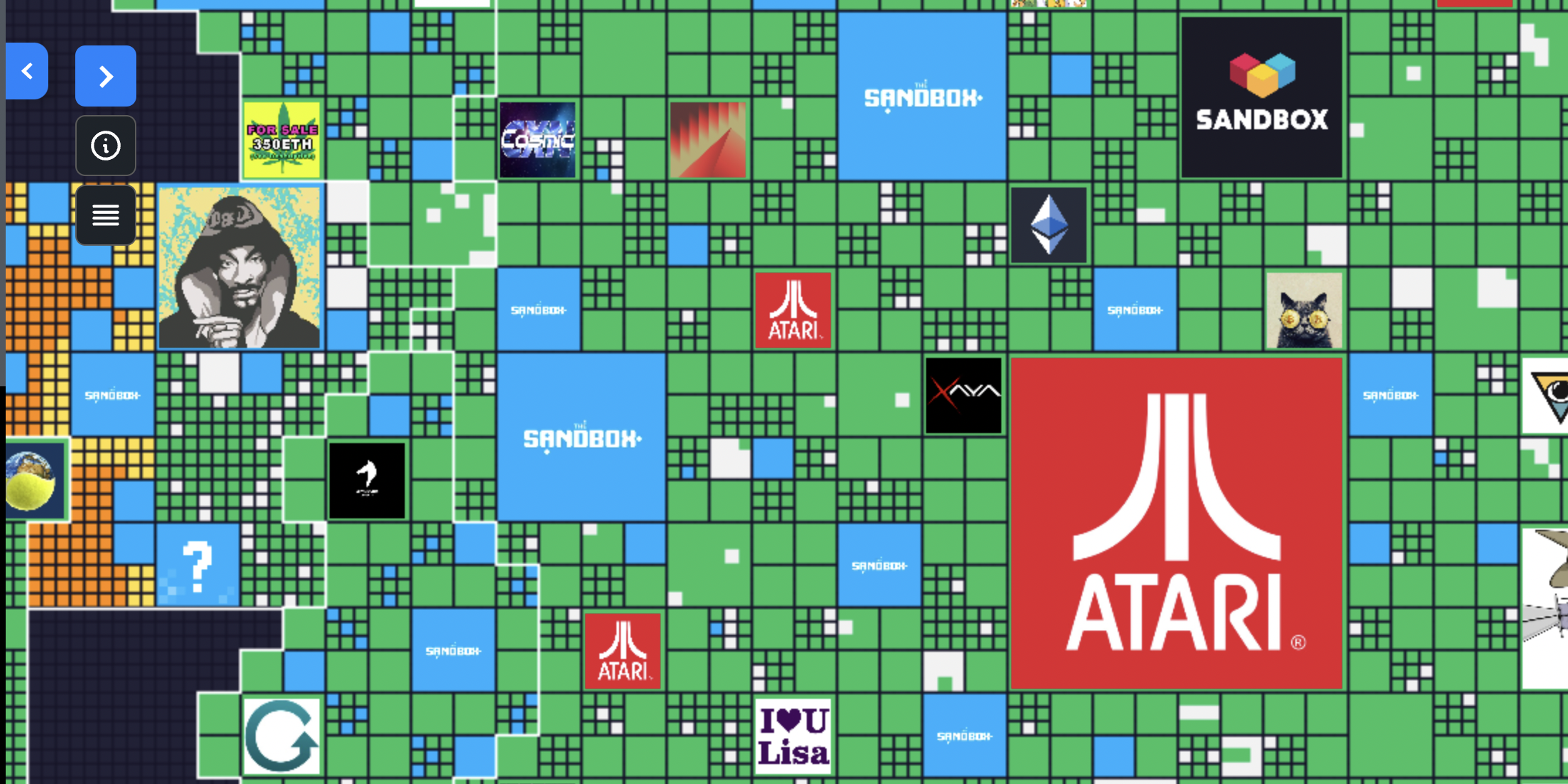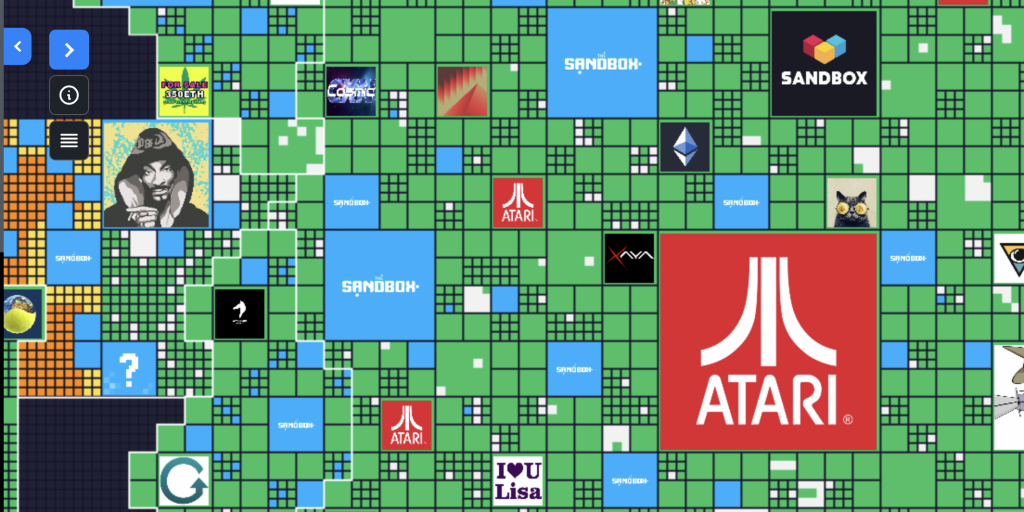
- Metaverse land purchases are making headlines with multi-million dollar price tags.
- The heads of two companies with the priciest deals on record talk to Insider about valuing virtual land.
- Republic Realm bought digital land for $4.3 million and Metaverse Group notched a $2.43 million transaction.
The land rush in the metaverse is turning heads as deals carry price tags of $2 million and more — and executives at two prominent digital-land development firms say valuations reflect big plans for people worldwide to shop, play and work in the virtual world.
The priciest deal so far is the $4.3 million purchase of land in The Sandbox metaverse last month by Republic Realm from videogame publisher Atari SA.
"We bought a city, or the equivalent [of one]," Janine Yorio, co-founder and CEO of Republic Realm, told Insider this week. She said the company bought a 24 x 24 parcel, with each parcel the equivalent of 100 meters. "We paid so much for it because we want to do something big, something very immersive."
Yorio, who worked as a real estate investment executive for a decade, foresees video game developers and entertainment brands among the biggest drivers of Web 3.0. Billionaire Mike Novogratz's Galaxy Digital is reportedly a financial backer in Republic Realm with a $10 million investment.
"We think the Fashion District purchase is like buying on Fifth Avenue back in the 1800s … or the creation of Rodeo Drive," Lorne Sugarman, Metaverse Group's CEO, told Insider, referring to the historic and luxury shopping areas in Manhattan and Beverly Hills while talking about getting in early on the potential multi-trillion-dollar metaverse market.
Metaverse Group last month made a $2.43 million purchase of parcels in Decentraland, an ethereum-based, 3-D universe where some land can be monetized.
So, how is virtual land valued?
Some ways of determining the worth of digital land are similar to metrics used in the physical real-estate market, Sugarman and Yorio said in separate interviews.
Land in the real world tends to appreciate because it is limited. In the metaverse, it is a similar principle. Land in The Sandbox is scarce, Metaverse Group says on its website, with a supply of 166,464 parcels available. Each basic unit comprises 96 x 96 meters.
Decentraland, which is run by a decentralized autonomous organization, has 90,601 parcels, but just about 44,000 parcels are allocated for private purchases and sales.
"Because Decentraland is a DAO, or a community, if they were ever going to release new land, they would have to get all the currency holders, as well as all the landholders, to vote that they had agreed to that," said Sugarman. "The community isn't going to want us to harm our value and our land and currency so I don't believe that's something that would happen. But if that were going to happen, it would have to be for a very good reason."
Each Decentraland parcel is an NFT and sized at 16 x 16 meters. The land is priced in MANA, the platform's native token. MANA's price this year has soared by more than 4,300% and traded around $3.41 on Friday. The Sandbox's SAND token has roared up nearly 14,000% in 2021 to trade around $5.15. But like all cryptocurrencies, metaverse coins can be subjected to large price swings.
Sugarman, who worked for 15 years as an investment banker, said the company runs "comps," or comparables, in evaluating virtual-land worth.
"We look at prices using OpenSea and other marketplaces. We look at location. We look at what we think foot traffic can be, at what we think we can get as yield," he said. "We're looking at all traditional metrics that you would see in the real world and determining the right price."
The Republic Realm team looks at comparable sales as part of its valuation process but Yorio doesn't see some real-world metrics, such as foot traffic, as exactly applicable on the metaverse.
"You might want to look at monthly active users but today there aren't that many monthly active users," she said.
Because most metaverse platforms haven't launched yet, valuation techniques used by venture capitalists are helpful, Yorio said.
"You interview the founders, you find out their pedigree. If they've launched a massively successful video game in the past, obviously that's a great sign," she said. "Game developers are very sophisticated software engineers, but they also have to be good marketers. If they built the best game in the world and nobody knows about it, it's also a flop."
Republic Realm's projects include Fantasy Island, a luxury real estate development in The Sandbox. It also plans to work with Atari on game development for its blockbuster deal. Another tool for gauging digital land worth is tracking early buzz about metaverse projects on social media, Yorio said.
"We want to buy land and build things on it. The only way the metaverse becomes interesting is if there are things to do and people to see and places to go when you get there," she said.

